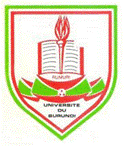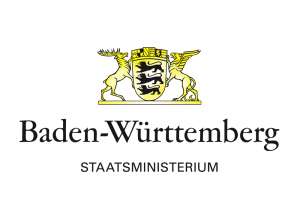Burundi: Improvement of existing agroforestry systems in coffee farms
Improvement of existing agroforestry activities among coffee farmers in Burundi and expansion of these activities to other target groups, as well as the publication of scientific studies on agroforestry
Burundi is one of the smallest countries in Africa in terms of area, but is very densely populated. In 2020, the country had the world's lowest GDP per capita with an annual income of around 250 EUR. The country also faces ecological challenges: Between 1990 and 2000 Burundi's forest area declined by 9% - the largest decline in the world. This development is devastating due to the hilly landscape and farmers are losing valuable soil every day due to landslides. The loss of so much forest area also makes Burundi very vulnerable to the negative effects of climate change. Harvests are regularly lower than in previous years. Young people show little interest in staying in the rural regions and are migrating to the cities.
The project will improve existing agroforestry systems in coffee cultivation in 18 cooperatives of COCOCA, a union of cooperatives of coffee growers in Burundi. This will be achieved by planting bananas, fruit trees and shade trees that contribute to food security, increase soil fertility, reduce soil erosion and provide construction- as well as firewood for the local population.
In addition to this, the local stakeholders will be informed about good practices and how to increase yields through the maintenance of the agroforestry systems, coffee bushes and the establishment of self-sustaining crops. The farmers will also receive advice on how to combat pests and diseases that can affect crops with environmentally friendly methods. The communication work will be implemented through newly established farmers field schools, demonstration farms and peer-to-peer exchange. Farmers will be encouraged to integrate the best practice measures into their farming systems. And selected demonstration farmers will propose new farming methods and pass them on to other interested farmers.
Duration (project phase 1): 2022 - 2024 (25 months)







Header image: Naturland/ Anne Hessenland